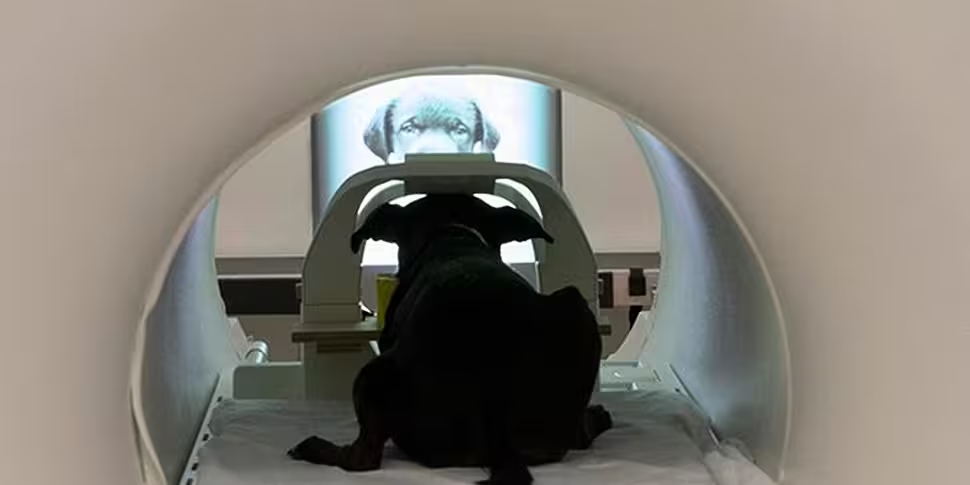New research has shown that dogs have a part of their brains dedicated to processing faces, both human and canine.
Speaking about the study, Gregory Berns highlighted that "Our findings show that dogs have an innate way to process faces in their brains, a quality that has previously only been well-documented in humans and other primates".
The research meant taking a number of dogs and training them to sit still and enter the MRI machine, as well as concentrate on video and still images for over 30 seconds at a time. That was quite a challenge, and lead to one of the faults of the research, which is the sample size: only eight dogs were trained properly, and during the experiment only six managed to concentrate on the images for the required amount of time.
However, it does show, according to Berns, that having a dedicated part of the brain to process human facial cues means that it is "hard-wired through cognitive evolution", which may explain why dogs are particularly good at reading our facial expressions.
Lounging with the Sunday crew of MRI-dogs from @ccicanine. pic.twitter.com/iKc8uQ6T8I
— gregory berns (@gberns) July 19, 2015
Berns stated that, as social animals, it makes sense that they would be able to recognise faces, but his research aimed to find out if that was a learned or innate ability. To assess that, he tested their reactions in the MRI scanner when looking at human faces, the faces of other dogs and everyday objects, and that a particular section of the brain responded more strongly to the images of faces, both human and canine, than it did to the regular objects.
That suggests that dogs are not merely associating us with a reward such as food (which is processed in a separate section of the brain), but it is instead a more social reaction.
The end goal of his research is to paint a much richer portrait of how the mind of a dog works, and his initial research has lead him to suggest that, while we often treat dogs like our property, "the ability to experience positive emotions like love and attachment would mean that dogs have a level of sentience comparable to that of a human child".
Via Psypost.org









